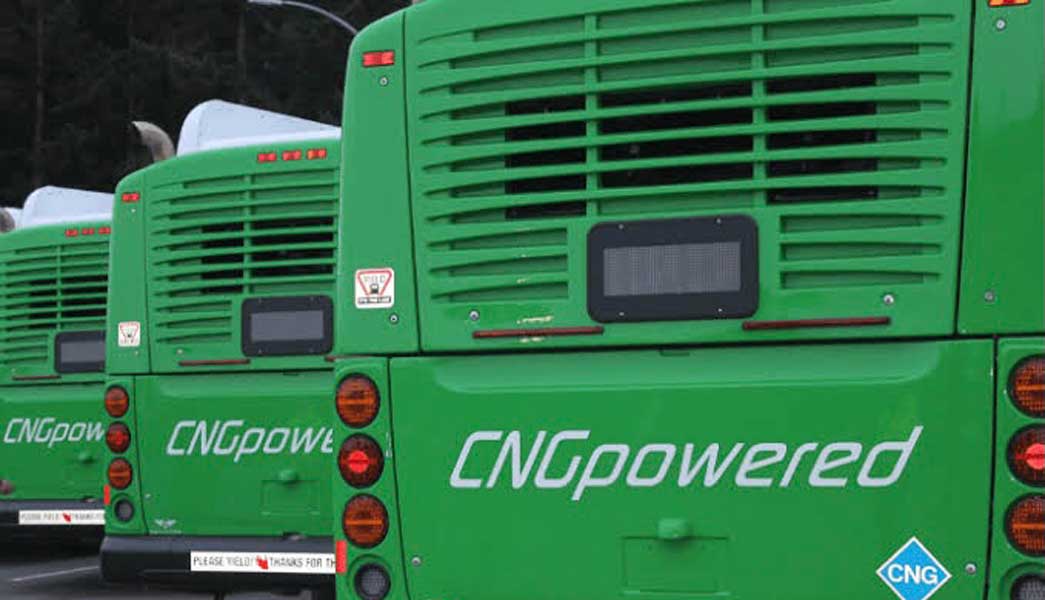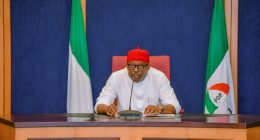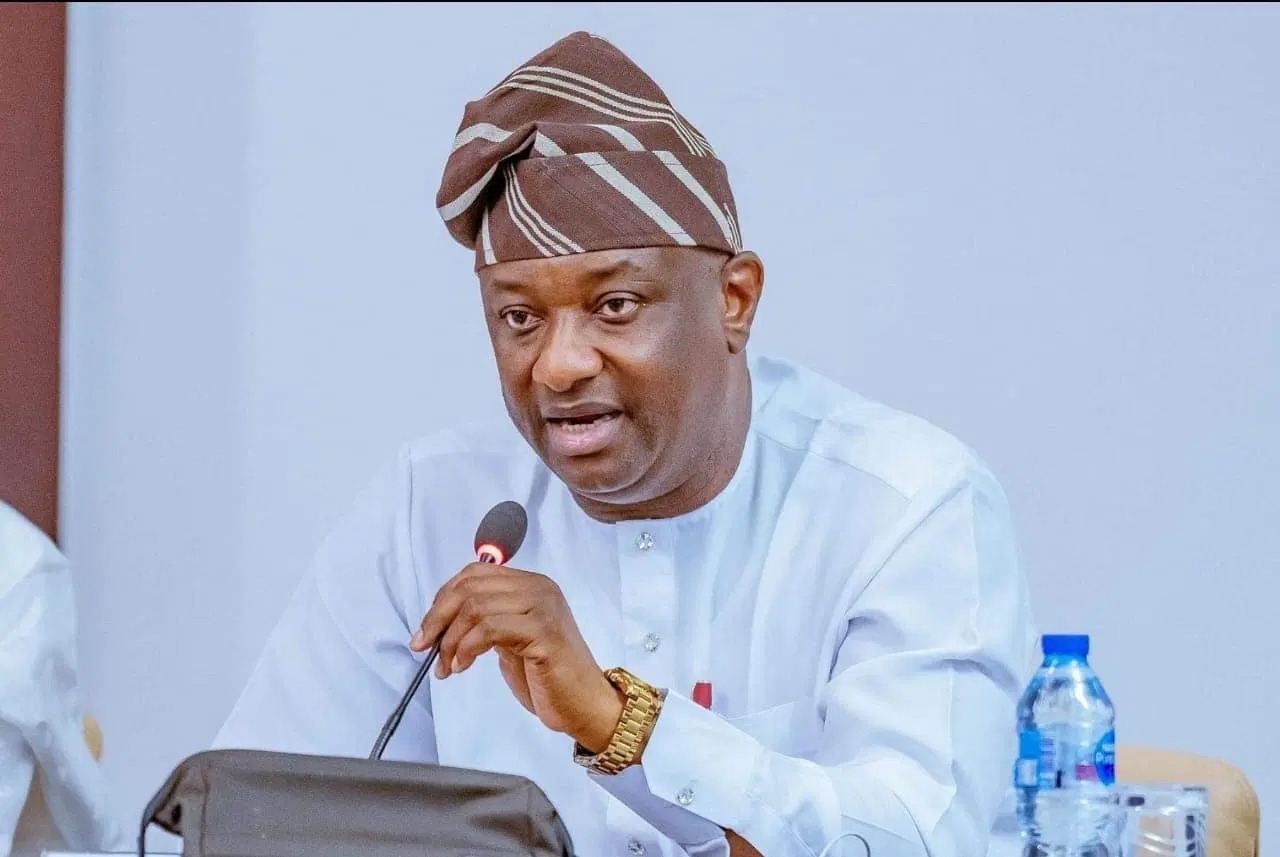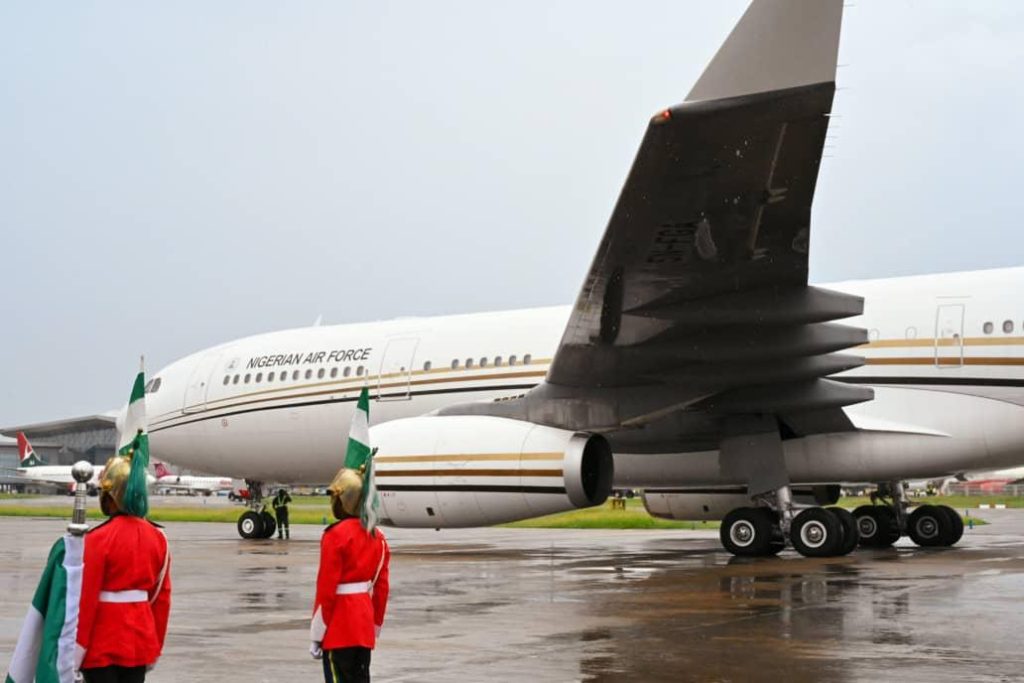 The Independent Petroleum Marketers Association of Nigeria has sought government funding to convert existing petrol stations to Compressed Natural Gas refilling centres.
The Independent Petroleum Marketers Association of Nigeria has sought government funding to convert existing petrol stations to Compressed Natural Gas refilling centres.
The association said the Presidential Compressed Natural Gas Initiative has great potential but cannot be scaled effectively without significant government support, even as the Federal Government announced that over 100,000 vehicles had been converted from petrol to CNG in one year.
Represented at an event by an executive member of IPMAN, Mr Dele Tajudin, IPMAN’s National President, Abubakar Maigandi, said the conversion of petrol stations to accommodate CNG would require extensive capital, structural modifications, and regulatory approvals, all of which were currently lacking.
“Installing a CNG facility isn’t plug-and-play. It involves structural changes, regulatory compliance, and funding. Without government support, most marketers won’t be able to make the switch,” Maigandi said
He noted that most existing filling stations were designed for petrol and diesel sales, and the absence of appropriate infrastructure for CNG had led to long queues and limited access for motorists.
“Independent marketers are present in virtually every part of Nigeria, especially where major marketers are not.
We are well-positioned to drive this transition, but we need financing and technical support from the government,” he stressed.
The call for support came as the Programme Director and Chief Executive of the Presidential Compressed Natural Gas Initiative, Michael Oluwagbemi, revealed that the country had recorded a sharp rise in CNG vehicle adoption, from fewer than 4,000 to nearly 100,000 in a year.
Speaking at a sensitisation workshop in Lagos on Thursday, Oluwagbemi said the Federal Government had made major progress in promoting alternative fuel as a way to cushion the effects of subsidy removal.
“The President’s vision was clear: reduce the pressure on citizens by leveraging domestic energy sources like natural gas to create a more sustainable, cost-effective transportation system,” he said.
Oluwagbemi disclosed that private sector players like the Dangote Group had shown strong confidence in the programme, rolling out 4,000 CNG trucks, and contributing significantly to the over $1bn already invested in the sector.
“So far, over $1bn has been invested in the sector, including $280m from Dangote Group, $28m from Arita LNG, and contributions from other stakeholders like Femadec, Greenview, and Greenville,” he said.
According to him, the number of conversion centres had risen from seven to 265 within a year, with 60 operational CNG refuelling stations and 175 more under development.
Oluwagbemi also responded to safety concerns, noting, “CNG is 18 times less explosive than petrol and eight times less than diesel. Most explosion reports are either exaggerated or involve petrol-powered vehicles, not CNG.”
He said the broader aim of the initiative was to cut transportation and food costs and improve household income.
He cited the example of Lagos, where meat prices had fallen in some areas due to livestock being transported using CNG trucks.
“When transport becomes cheaper, it reflects in food costs. In Lagos, for instance, the cost of meat has dropped in some areas because livestock is now transported using CNG trucks,” Oluwagbemi said.
Oluwagbemi confirmed that the next phase of the initiative would target 250,000 vehicle conversions in partnership with private operators, noting strong support from major transport unions.
“So far, we have 60 CNG stations up and running—up from just 20 in late 2023. Over the next three months, we plan to commission an additional 100,” he added.
An official of the Road Transport Employers Association of Nigeria, Babatunde Karim, also acknowledged the programme’s benefits but called on the government to fix gas pressure and supply issues.
“Before now, we used to spend about N50,000 on petrol to ply a particular route. Today, with CNG, we spend as little as N12,000. That’s a huge relief. It shows the government is on the right track,“ Karim said.
However, he added, “There are times when we get to a station and there’s no pressure. Other times, there’s no gas at all. These are issues that need urgent attention.”
Oluwagbemi defended the pace of implementation, saying, “Rome wasn’t built in a day. Those who led Nigeria into the fuel subsidy crisis cannot fairly criticise the speed at which we’re solving it.”
He urged Nigerians to support President Bola Tinubu’s broader energy transition and renewable energy plan.








